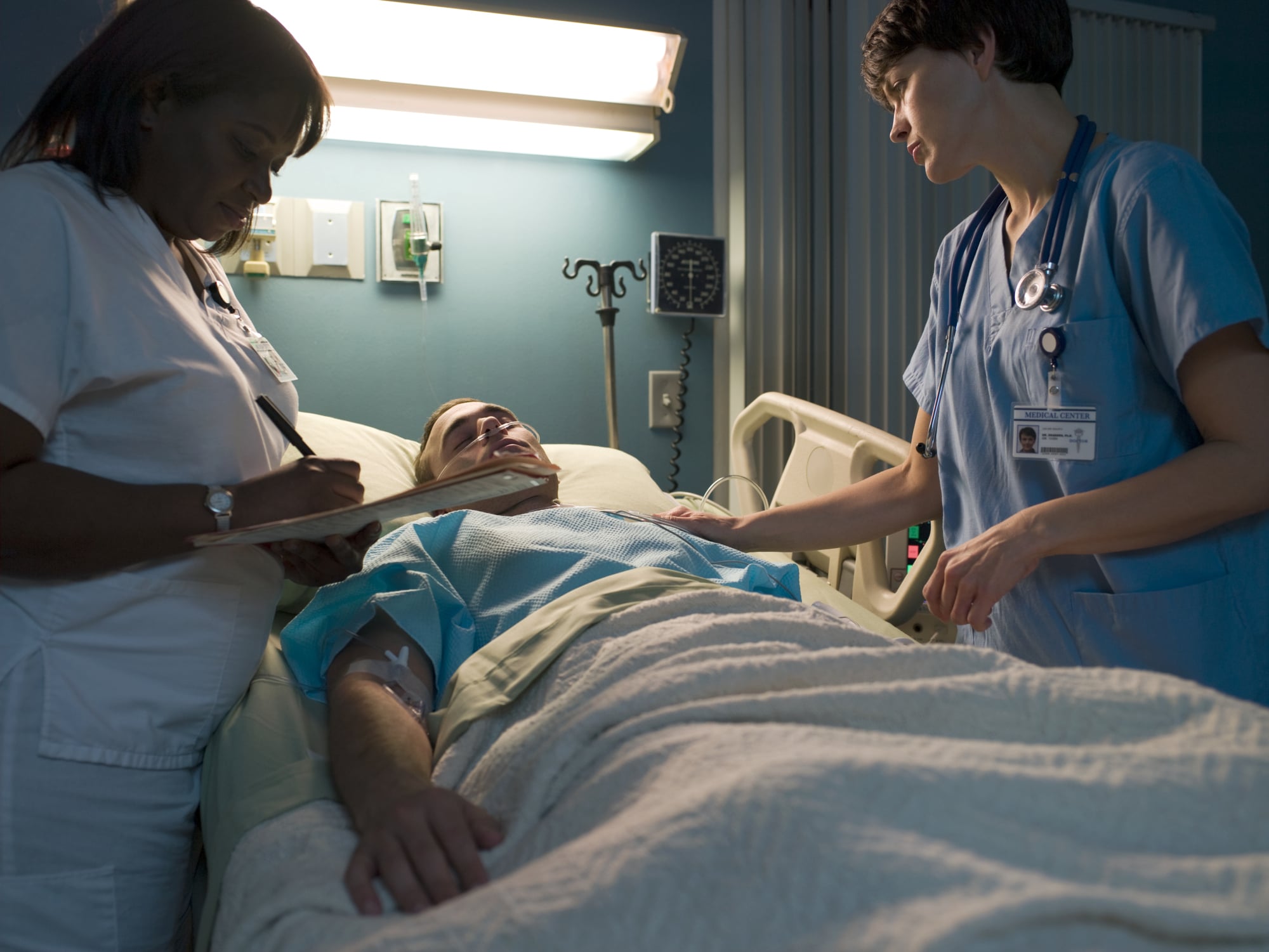 A recent study conducted at Newcastle University has found that traumatic brain injury can cause significant damage even if the injury is mild to moderate, including memory and cognitive function loss. In a report conducted by the State of Louisiana Department of Health and Hospitals from 2000 to 2005, almost 5,600 people died from traumatic brain injury in the state, and several thousand more did not recognize that they had sustained an injury that could cause long-term problems.
A recent study conducted at Newcastle University has found that traumatic brain injury can cause significant damage even if the injury is mild to moderate, including memory and cognitive function loss. In a report conducted by the State of Louisiana Department of Health and Hospitals from 2000 to 2005, almost 5,600 people died from traumatic brain injury in the state, and several thousand more did not recognize that they had sustained an injury that could cause long-term problems.
Traumatic Brain Injury Study
Researchers have long understood the effects of severe traumatic brain injury on memory and cognitive skills. The recent research sheds light on the fact that even a mild injury can cause brain damage significant enough to impair thought processes. The findings are important because 90 percent of all head injuries are considered mild to moderate. During the research, 53 patients, 44 of whom were diagnosed with mild injuries and nine with moderate, were compared to 33 patients with no report of brain injury. Tests were performed on eye movement, verbal activity and general movement, as well as memory. Patients also underwent brain scans to determine any damage to the brain caused by the injury. Compared to the uninjured subjects, the patients who had been diagnosed with mild to moderate traumatic brain injuries scored 25 percent lower during the tests. In addition, the brain scans indicated damage to the white matter of the brain, which is considered the “wiring” in the brain. A follow-up was conducted one year later, which showed that most of the patient’s cognitive function had improved, but that the damaged areas had not changed, indicating that the brain is able to “re-wire” itself in order to compensate for damage.
NFL Player Case
In no other area does traumatic brain injury come to light more than in sports. Recently, a number of players sued the NFL claiming that it had not provided them with adequate information regarding the potential for traumatic brain injury after concussions. One plaintiff, Gregory Westbrooks, was drafted by the New Orleans Saints in 1975 and played 34 games in Louisiana before being traded to the St. Louis Cardinals in 1978. The lawsuit, which was also brought against the NFL Players Association, claims that the players paid thousands of dollars to the players union, which had extensive access to medical data regarding the possible long-term effects of concussions, including traumatic brain injury. The National Football League just reached a settlement with former players related to traumatic brain injury caused by repeated blows to the head and concussions, agreeing to pay as much as $765 million in damage. The attention given to the incidence of brain injury and neurological function among professional athletes has led to many states drafting legislation to protect high school athletes as well.
Youth Sports and Head Injury in Louisiana
High school athletes are common victims of traumatic head injury due to concussion. In fact, Josh Bailey, who was a senior safety at Patterson High School in Louisiana could not define what a concussion was when he was asked by the New York Times in 2007. The majority of the students who were asked in the article said that if they suffered a head injury, they would not tell the coach, as they didn’t want to be pulled from the game. This led the Louisiana legislature to pass the Louisiana Youth Concussion Act, which requires youth to be removed from competition if they show any signs of suffering a head injury. It also requires that coaches receive written clearance from a health care provider before a student may return to play.
It is important to understand your legal options after you or a loved one has been diagnosed with a traumatic brain injury, or if a loved one has died after suffering a brain injury. Please contact Attorney Group for Louisiana today for a free consultation to learn what steps you should take next. We can discuss your particular situation, help you understand your options, and connect you with an experienced attorney in Louisiana. Contact us today to learn more.






